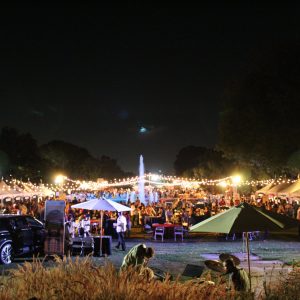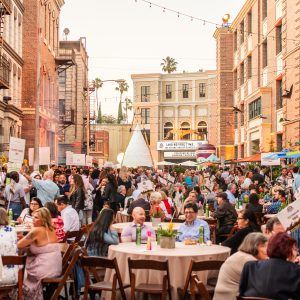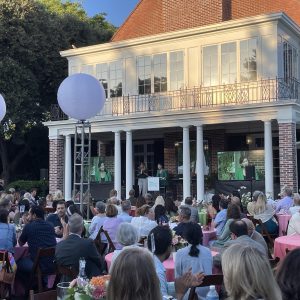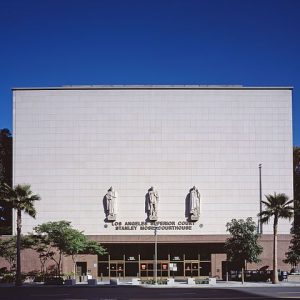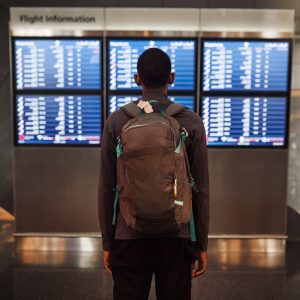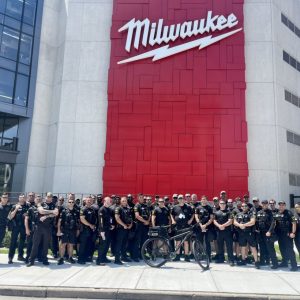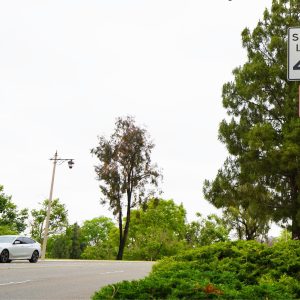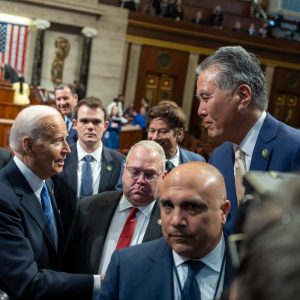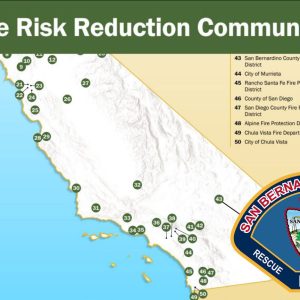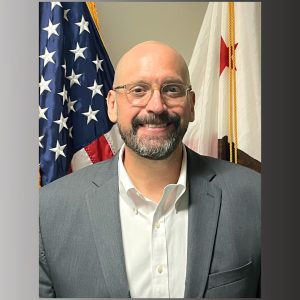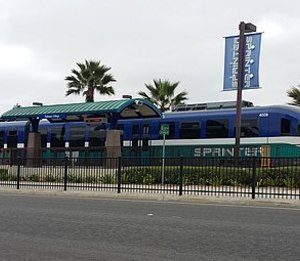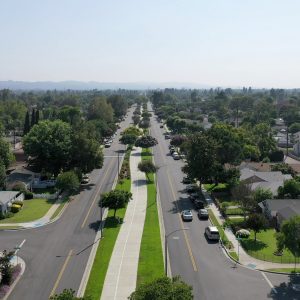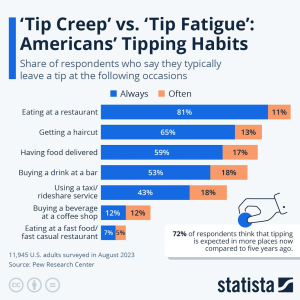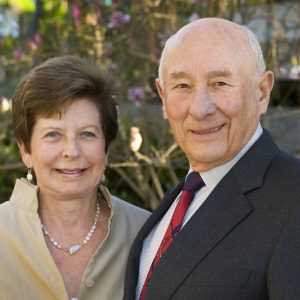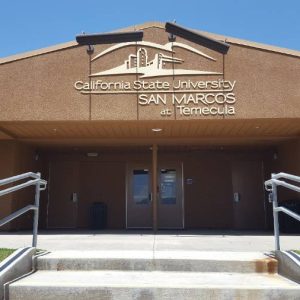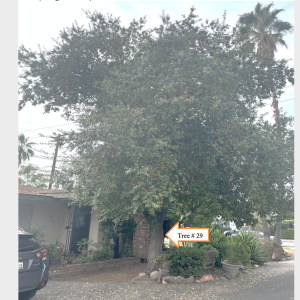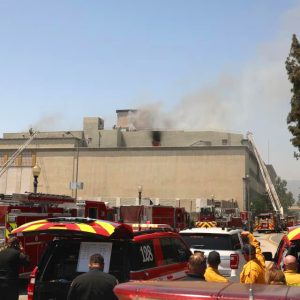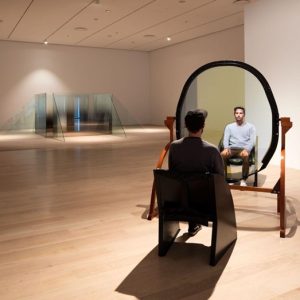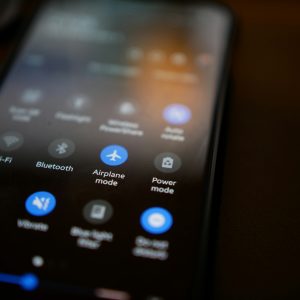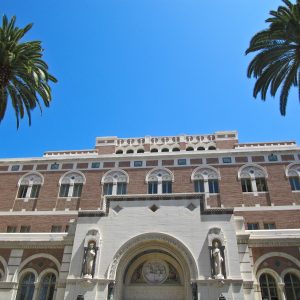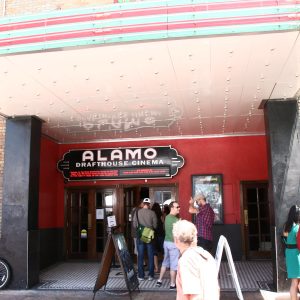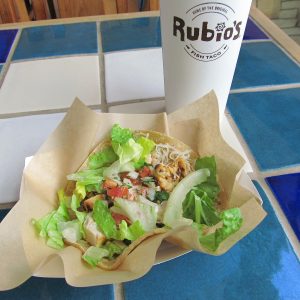 View Winners →
View Winners → 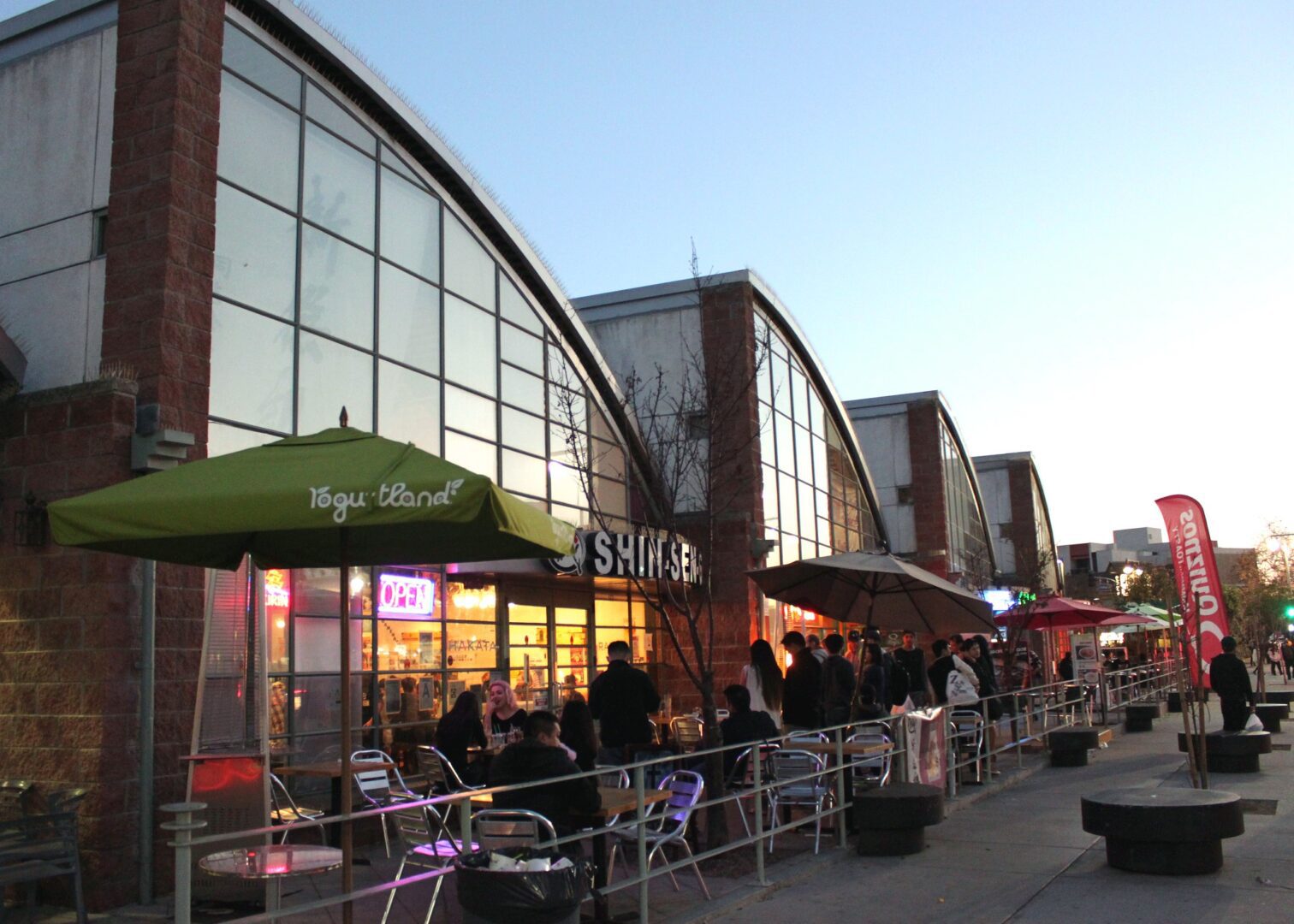
Outdoor dining in Little Tokyo. | Photo by Prayitno CC BY 2.0 DEED
The City Council Friday approved and finalized recommendations to create a permanent Al Fresco program on private property, intended to bolster outdoor dining and support local restaurants.
Council members voted 14-0 in favor of a report detailing standards and policies of the Al Fresco program. The council requested the City Attorney’s Office to now prepare and present an ordinance, taking into consideration the guidelines in the report.
Councilman Marqueece Harris-Dawson was absent during the vote.
The program was briefly discussed during Wednesday’s council meeting. Councilman Tim McOsker then introduced an amendment that would require at least one vehicle parking space be available when an outdoor dining area is located in a building’s parking area.
Council members continued the item to Friday.
“This is sort of a linking-arms moment — an opportunity to see to a challenge and fix a challenge,” McOsker said prior to the vote.
Councilwoman Traci Park expressed her gratitude for the parties involved to help move this “very important work across the finish line.”
“Al Fresco helped hundreds of restaurants during the pandemic, keeping their doors open and money in the pockets of workers,” Park said. “And while many restaurants are still struggling and potentially face some troubling economic headwinds, today’s action is going to help protect your continued vitality and viability.”
Councilwoman Monica Rodriguez recognized that the city has taken about three years to get to the point of finalizing the Al Fresco ordinance. She said the city should see to passing the program as to avoid “throwing monkey wrenches” in the ability of small restaurant owners to operate in the city.
According to a report from the Department of City Planning, the Al Fresco Program has three key standards: city identification/contact information/database; accessible parking; and ordinance standards, background music and the coastal zone.
The first standard outlines enforcement and communication.
A city-issued identification shall be posted in the outdoor dining area and made clearly visible to the public, indicating that the area is subject to the standards of the Al Fresco Ordinance.
Additionally, for any complaints or concerns regarding the operation of an Al Fresco operation, the official number to contact will be 311. The Department of Building and Safety will also be tasked with creating a database of complaints based on addresses of Al Fresco establishment.
Noise complaints will be deferred to the L.A. Police Department, and the database is intended to facilitate streamlined communication and enforcement among relative departments that oversee Al Fresco operations.
According to the report, restaurants initially had discretion as to whether to replace any parking spots that may have been removed by an outdoor dining area. But the Department on Disability expressed concerns about this policy, which would have negatively impacted people with disabilities.
The amendment McOsker introduced — to ensure at least one parking space must be provided, unless exempted by state law — was intended to ensure a level of compliance with the Americans with Disabilities Act.
Ordinance standards define what would be acceptable for outdoor dining areas and notes that it will not allow music by-right. Rather, restaurant owners would need to apply for a conditional-use permit in order to play music for their outdoor dining area.
Restaurants located in the coastal zones of the city are not included in this program because they fall under the jurisdiction of the California Coastal Commission — meaning these entrepreneurs fall under a different set of regulations.
According to the City Planning report, the state recently approved AB 1217, which ultimately may extend outdoor dining until July 1, 2026, for restaurant owners in the coastal zones who obtained an emergency waiver during the pandemic.
Earlier this year, Park introduced a motion calling for creation of an Al Fresco program in the coastal zones. According to City Planning, the report is nearing completion and should provide a range of solutions to address the California Coastal Commission’s concerns over parking spaces and coastal development permits.
“Our work today though doesn’t end with this vote,” Park said. “It’s really important that we ensure that the more than 150 restaurants in the coastal zone are not left behind by the policies.”
















